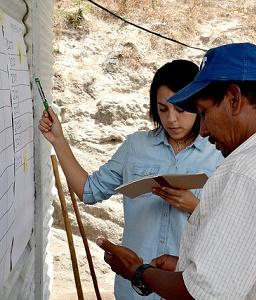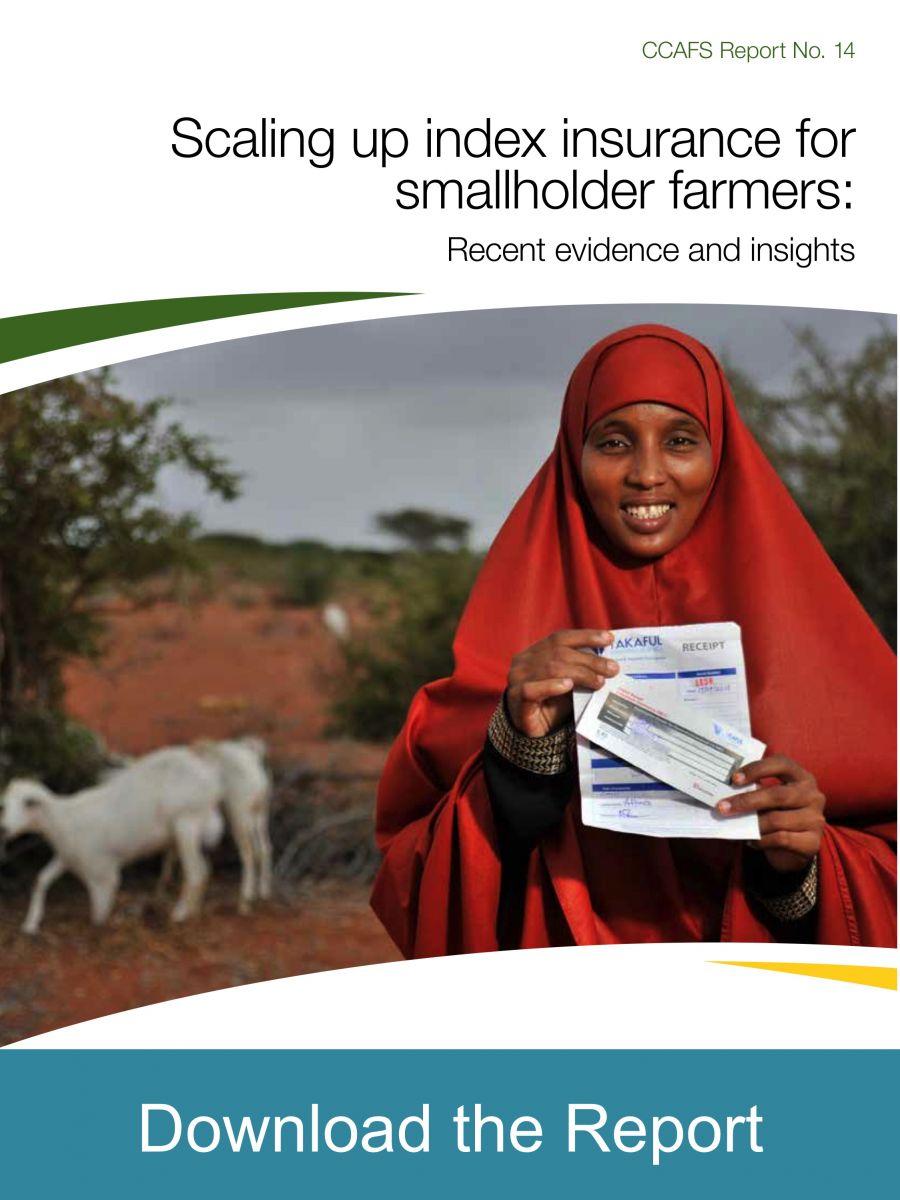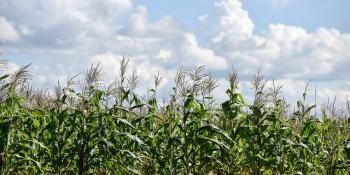
Index-based insurance

As climate change takes hold, increasingly erratic weather and climate shifts threaten already tenuous agricultural livelihoods and food security in the developing world. Because of the high cost of verifying losses on large numbers of small landholdings, traditional loss-based insurance is not viable for remote rural smallholders.
Despite the promise of these system, doubts have been raised over whether poor farmers struggling to feed their families would be willing to buy insurance, despite the fact that this insurance could, in fact, increase their productivity and food security. In addition, there are considerable challenges that must be overcome to effectively service remote areas with poor infrastructure.

Challenging this narrative, CCAFS research showcases initiatives that have overcome many of these challenges, scaling rapidly over the past few years to reach tens of thousands to tens of millions of smallholder farmers in some of the poorest areas of the world. CCAFS has shown that key traits of successful index insurance schemes include the involvement of farmers in the index design process, close alignment with policymakers and the private sector, and collaboration with researchers.
CCAFS is now engaged with scaling up index-insurance in three key regions. In East Africa, CCAFS is investigating the potential for index-based insurance to increase uptake of drought-tolerant maize and bean varieties. In South Asia, CCAFS is testing the feasibility of index-based insurance for flood damage to crops. In West Africa, CCAFS is integrating index-based insurance with climate risk management strategies including climate information services, and providing technical input to Nigeria’s plans to scale up agricultural insurance for 15 million of its smallholder farmers.
Infographic: How index insurance can help smallholder farmers

